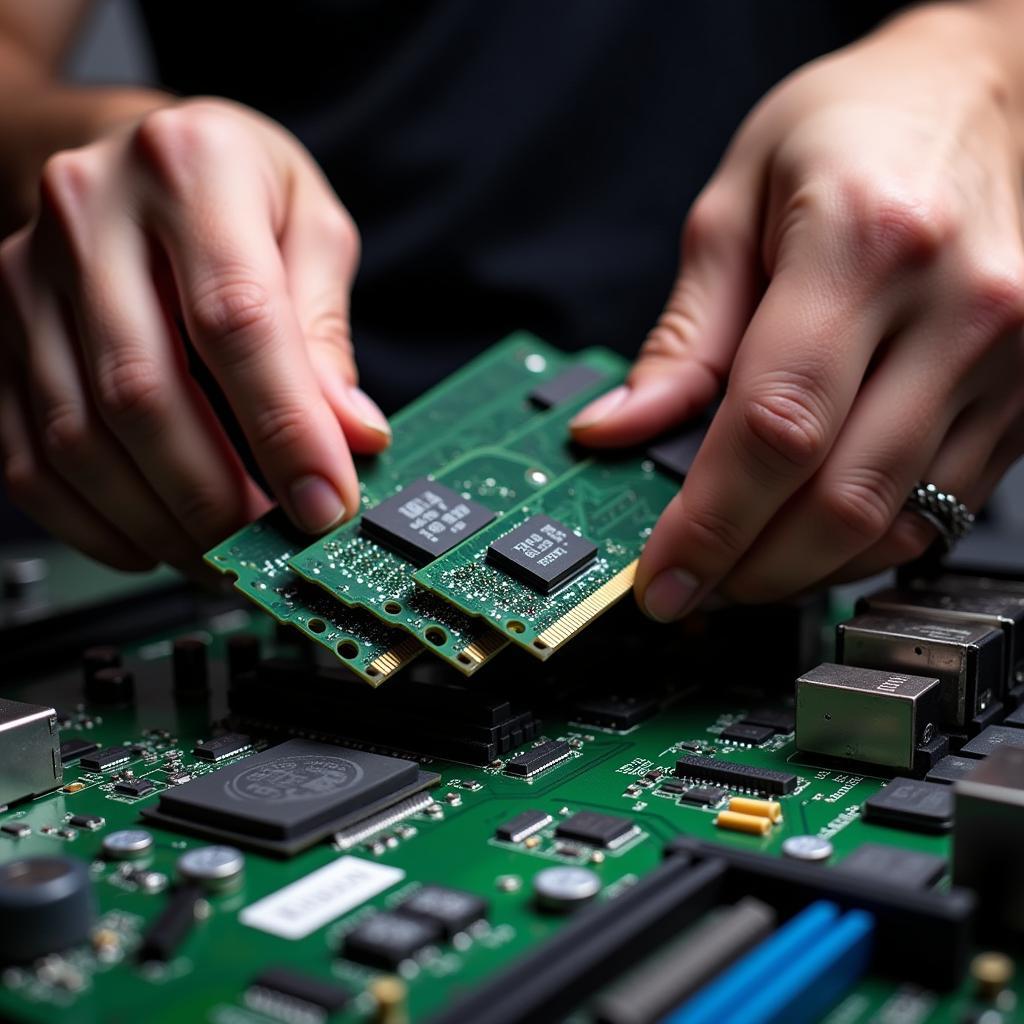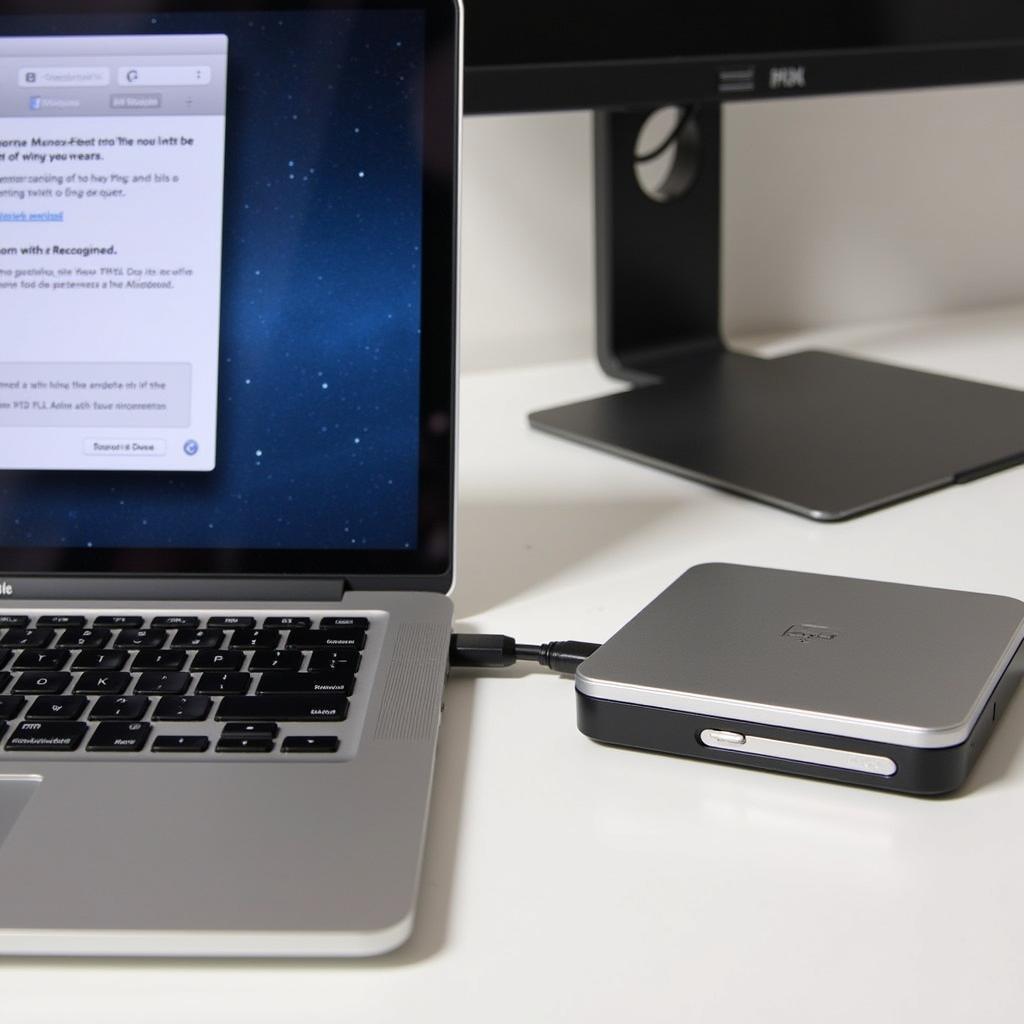The DirectX Diagnostic Tool is a valuable tool for diagnosing and troubleshooting multimedia-related issues on Windows PCs. When you run this tool and see “8GB RAM” in the results, it indicates your computer’s installed memory. While this information alone doesn’t point to a problem, it’s crucial to understand how RAM affects your system’s performance, especially regarding graphics-intensive tasks like gaming.
How RAM Impacts Gaming and DirectX
Random Access Memory, or RAM, acts as your computer’s short-term memory. It stores data that the CPU needs to access quickly, including game files, textures, and instructions. When you launch a game, the necessary assets are loaded from your storage drive into RAM. The more RAM you have, the more information can be stored for rapid retrieval, resulting in smoother gameplay, faster loading times, and reduced stuttering.
DirectX, a collection of APIs (Application Programming Interfaces), is the bridge between your games and your PC’s hardware, including RAM. When a game wants to access textures or models, it sends a request through DirectX, which retrieves the data from RAM and sends it to the graphics card for rendering. With insufficient RAM, the system may struggle to keep up, leading to performance issues.
DirectX Diagnostic Tool Results 8GB RAM: Is it Enough?
While 8GB RAM is a common configuration, whether it’s “enough” depends entirely on your usage.
- For casual gaming and general use: 8GB might be sufficient for older games, less demanding titles, and everyday tasks like browsing and office work.
- For modern AAA games: Many new releases recommend 16GB or even 32GB RAM for optimal performance at higher resolutions and graphical settings.
- For professional applications: Video editing, 3D modeling, and other resource-intensive tasks often require significantly more RAM.
Analyzing Your DirectX Diagnostic Tool Results
Besides the “8GB RAM” indicator, the DirectX Diagnostic Tool provides valuable system information that can help you further analyze potential bottlenecks:
- Processor: Your CPU plays a significant role in gaming performance. A powerful CPU paired with insufficient RAM can still lead to bottlenecks.
- Graphics Card: The dedicated video memory (VRAM) on your graphics card is crucial for storing textures and other graphical data. Low VRAM can cause performance issues even with enough system RAM.
- Display Mode: Higher resolutions and refresh rates demand more resources from your hardware, including RAM.
“Understanding the interplay between your hardware components is crucial for diagnosing performance issues,” says James O’Reilly, a senior technician at a leading gaming PC manufacturer. “The DirectX Diagnostic Tool offers a snapshot of your system’s capabilities, but interpreting those results in the context of your usage patterns is key.”
Optimizing Your System for Better Performance
If you’re experiencing performance issues and suspect RAM is the culprit, consider these steps:
- Close Background Applications: Running multiple applications simultaneously consumes RAM. Close unnecessary programs before launching a game.
- Adjust Game Settings: Lowering graphical settings like texture quality, shadows, and anti-aliasing can reduce the load on your RAM.
- Upgrade Your RAM: If your system is consistently struggling, upgrading to 16GB or more RAM can significantly improve performance, especially for demanding games.
 Upgrading RAM Modules
Upgrading RAM Modules
Conclusion
The “Directx Diagnostic Tool Results 8gb Ram” simply indicates your installed memory. Analyzing your system’s overall specifications and understanding your usage patterns are crucial for determining if your RAM is sufficient. By optimizing your system and considering upgrades when necessary, you can enjoy a smoother, more enjoyable gaming experience.
If you’re looking for expert advice or assistance with diagnosing and resolving performance issues, don’t hesitate to contact ScanToolUS at +1 (641) 206-8880 or visit our office at 1615 S Laramie Ave, Cicero, IL 60804, USA. Our team of experienced technicians is here to help you get the most out of your gaming experience.


